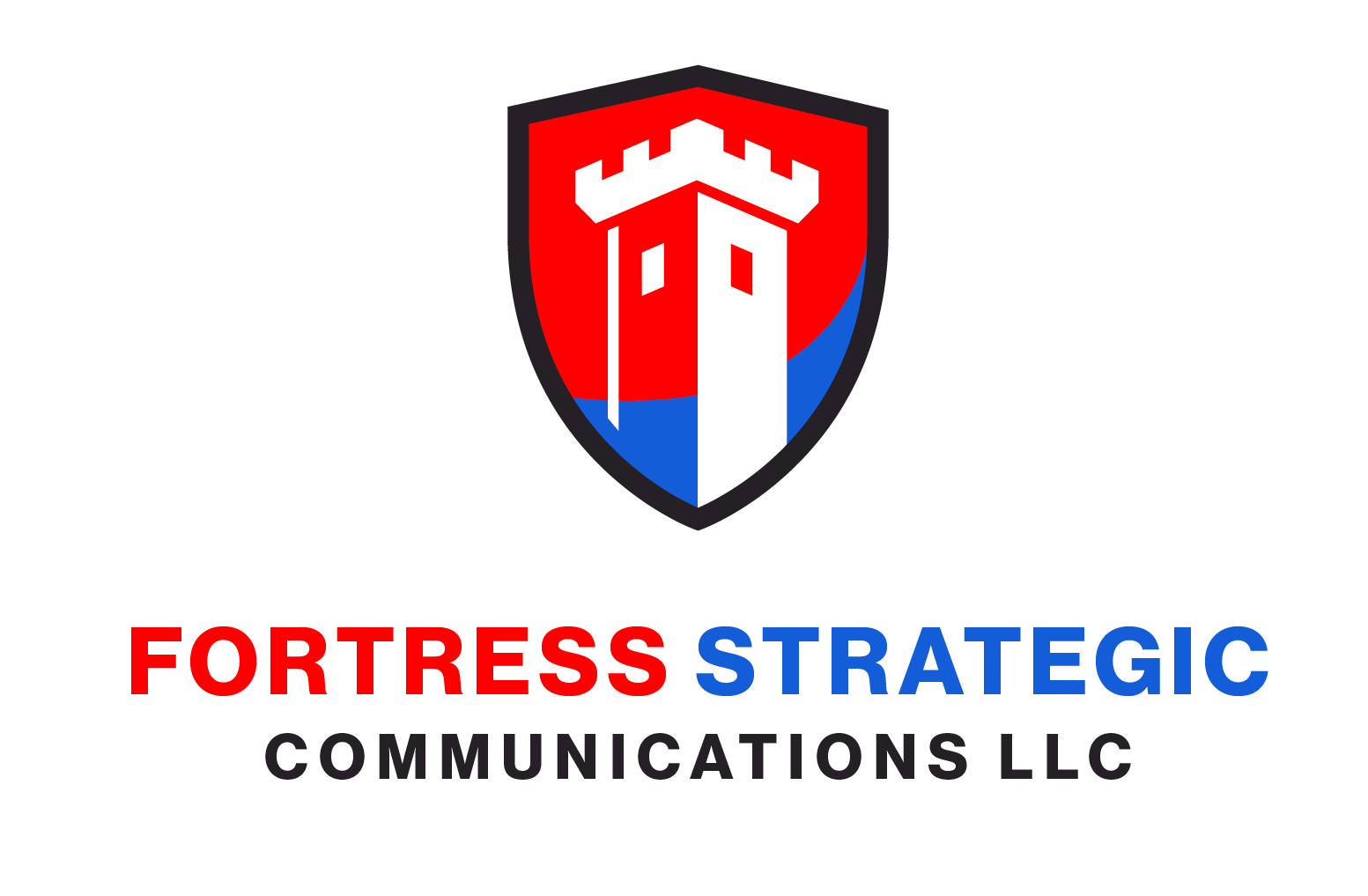Six Key Considerations for Companies Investing in PR for the First Time
Evan Bloom, CEO, Fortress Strategic Communications
When your company decides to invest in public relations (PR) for the first time, it’s natural for key decision makers to feel some uncertainty about the choice they are about to make. The best approach is to prepare yourself and do your homework, for knowledge is power. To begin, consider these six key issues:
1. A PR plan is a non-negotiable
One of the many core strategic objectives of PR is to help clients achieve their business, marketing, and reputation objectives. As such, any type of PR engagement should begin with a PR plan.
As part of the on-boarding process, effective PR consultancies begin with a detailed debrief that delves into a client’s business and marketing plan. Questions should focus on the client’s business, marketing and PR objectives, client acquisition strategies, vertical market targeting, new products, goods and services for launch during the next year, and related issues. Your company needs to block out enough time and be prepared to provide detailed answers for this crucial process. A strategic PR plan will then be built around the detailed debrief.
The PR plan provides focus and direction: a roadmap, strategies, objectives, tactics, messaging, and measurement. The ideal plan will help you either own and define market issues or at least contribute to a discussion about relevant issues–all crucial aspects to help you achieve your goals. It is very important that the PR plan is integrated with social media and contains a section dedicated to social media strategies and tactics designed to increase online visibility and enhance your company’s reputation.
Naturally a PR plan must be flexible and able to change with fluctuating market conditions. Without a sound PR plan in place, a campaign can be directionless and strategy poor, potentially delivering sub-standard results and a minimal ROI. Without an expert plan, your company’s brand and reputation might fail to achieve the exposure it deserves.
2. PR companies are more than just writing shops
Companies that have never worked with PR companies before may fall into the trap of thinking a PR company is simply a writing shop. While a solid portion of PR does involve writing and content generation, there is a lot more to PR than just writing.
To get the most value out of your investment, integrate your PR consultancy as an extension of your own marketing/communications department and position them as strategic counselors. A good PR firm will see itself not solely as a service provider, but also as an enhancement and extension of the clients’ marketing department.
Both parties should work in concert to deliver the best possible results. Work with your new PR consultancy so that it can most effectively deliver strategy, consulting, competitive intelligence, insight into developing issues and trends, media relations and content marketing. In addition, it is also important for you to act on the intelligence and insights provided. What good is knowledge and consulting if it is not put to use? Downplaying the importance of any strategic consulting provided by your PR consultancy could result in your company missing important business and reputation building opportunities.
3. Content marketing is crucial
Companies may be tempted to see the media as the key destination for all their news. The obvious advantage the media offers is that a company’s news is carried by a third party, which boosts credibility. However, while the media are certainly a key destination for most of the news coming out of a company, this is not true in every case.
To the media, not every item a client submits is newsworthy. In fact, even when an item is suitable, the media only have limited space in their print or online publications and as such will only select the most relevant and engaging articles.
Certain types of news content can bypass the media and be disseminated directly to a targeted audience. There is, however, one important caveat. Material sent to stakeholders and to current, prospective, and former clients has to be credible, engaging, insightful, and worthy of taking time to read. It should be presented in a format that would not be perceived as more marketing ‘gumph.’
A dissemination plan should be based on a content marketing plan entailing focused strategies, objectives, and tactics. It needs to include a social media aspect that helps drive awareness about the content topic. Content must be disseminated based on an editorial calendar and at an appropriate frequency. Results must be measurable.
4. Quality trumps quantity
Companies utilizing PR for the first time should avoid the common pitfall of determining “success” by measuring the annual volume of conventional and social media.
Of course the quantity of media coverage is a vital measurement of whether a PR plan and its associated strategies have worked and if both the PR company and its client have fulfilled their agreed-upon responsibilities. However, an intelligent assessment of conventional and social media coverage should be based on a number of critical factors. Measurement of qualitative factors is typically aided by online monitoring tools that compile reports on coverage in print, broadcast, and online environments.
Some additional qualitative measurement metrics include:
- Tone (e.g. positive or negative)
- Placement (e.g. key vertical publications or national, regional or local business or general news publications, or carried in broadcast media)
- Company name featured in the headline
- Graphics and photographs included
- Position of article on front page/cover or key section in publication
- Quote from a spokesperson included
- Featured on social media platforms
5. Invest in a PR crisis plan
In the current environment, it is not a matter of if a company will face a crisis, it is when. Companies investing in PR for the first time are encouraged to invest in a crisis communications plan. Nothing is more damaging to a company entering the world of publicity for the first time than a full-fledged crisis they are unprepared to communicate about. Wasting time vacillating and struggling to cobble even the most basic plan together can cost the company its reputation, or even its very existence.
The PR crisis plan should be developed as early as possible, preferably as soon after the PR plan is complete. A sound crisis plan is built around a vulnerability audit and companies are strongly encouraged to give their PR consultancy the necessary time to take them through the auditing process. Standard plan components include, but are not limited to, the following:
- List of crisis team members and contact details
- List of key experts who will assist the crisis team and contact details
- Roles and responsibilities of crisis team members
- Key strategies and tactics
- Media list
- Draft templates of prepared statements
- Social media crisis plan and policy
6. Select the right type of PR consultancy
Selecting the right type of consultancy is challenging for companies new to PR. They are often not sure who to appoint, how to evaluate the consultancy, or even if the agency culture will be a good fit for their company.
Some important selection criteria include the following:
- The agency having expertise in the same niche as the company
- A solid cultural fit existing between both parties which will contribute to an integrated agency/client team working together
- The presence of excellent working relationships between the agency and key vertical, business and news media
- The guarantee that a senior consultant will be responsible for the account at all times
The above guidelines provide a starting point for companies engaging a PR consultancy for the first time. The process of determining PR needs and vetting agencies will help businesses develop more in-depth metrics and guidelines for finding the best possible fit to ensure a successful marketing campaign.
—ENDS—
Based in Syracuse, N.Y., Fortress Strategic Communications provides specialized strategic public relations and crisis communications consulting to companies that offer products, services, and solutions designed to manage and mitigate all types of risk. The company is able to draw on a combined 20 years of global experience from its executives in a wide array of vertical markets. For more information please visit: www.fortresscomms.com





